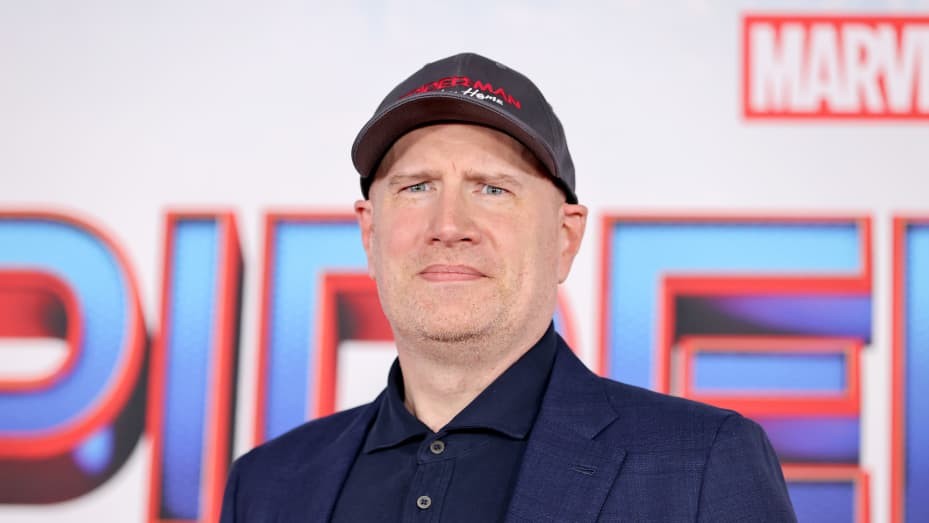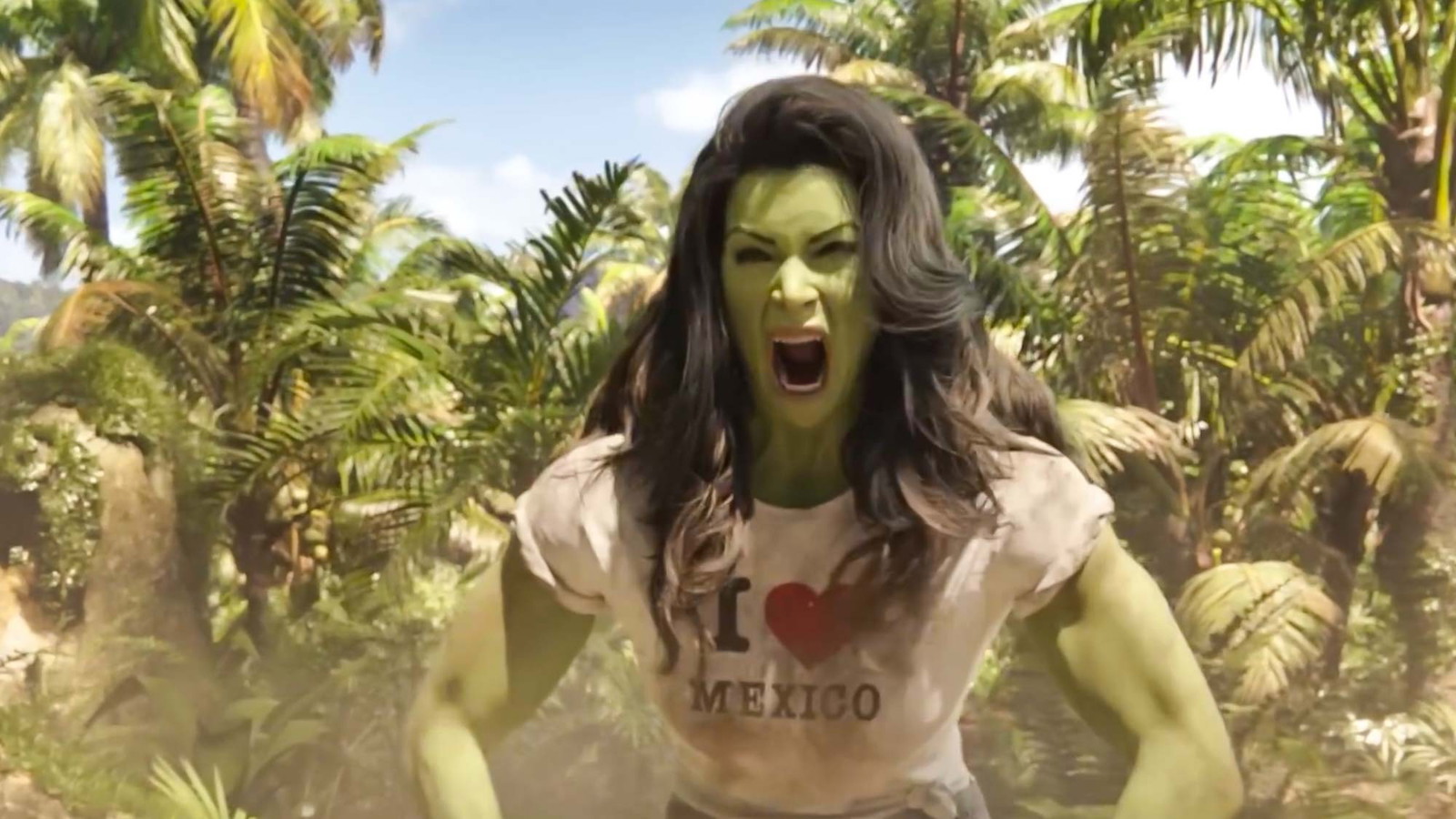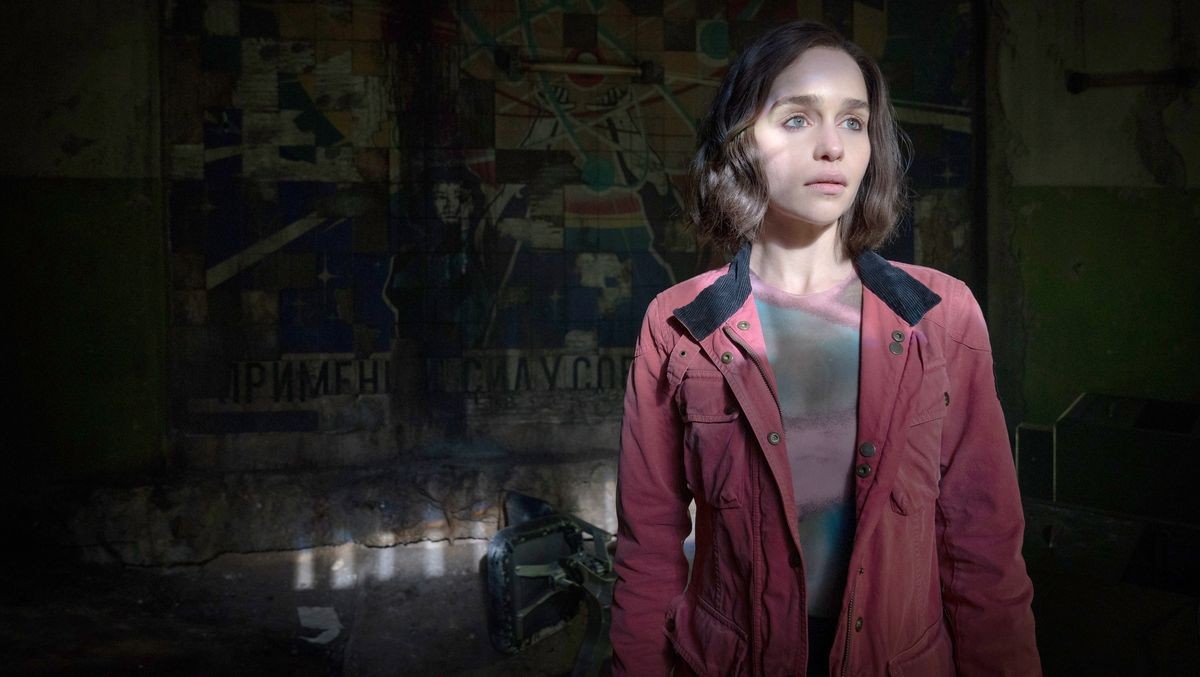Fans of the Marvel Cinematic Universe were excited to go into espionage and deception with the promise of a Secret Invasion. This series might be a thrilling Cold War spy thriller. But now that the series has concluded, criticism has surrounded it. Fans are confused about the show’s trajectory after hearing conflicting reactions to Marvel Studios president Kevin Feige’s directive for a Super Skrull battle.
Due to an unexpected collision of CGI and a significant change in tone, many viewers have deemed the season finale to be one of the worst in the MCU’s history. A further degree of intricacy and irony is added to the fiasco by including the She-Hulk series. Fans are venting their anger, but it’s unclear whether Kevin Feige’s plan was misguided.
Kevin Feige’s Personal Mandate Unveiled

The Super Skrull clash in the finale, revealed to be an idea straight from Kevin Feige’s imagination by director Ali Selim, has sent shockwaves across Marvel fans. The idea of an all-out Super Skrull fight involving every imaginable ability aroused eyebrows, especially given the striking contrast with the original premise.
The ending has been heavily criticized for its CGI-heavy battle execution and inconsistent tone. One iconic scene from the show’s catastrophic decline into implausibility is a photo of Emilia Clarke flexing her “Drax arm,” which has since gone viral on the Internet.
Many fans wondered whether Feige’s vision hampered the production as the show’s final confrontation became a dubious spectacle. The ironic twist of the She-Hulk serial comes into play after the failure of the Secret Invasion conclusion.

Brilliantly aware of the story concept employed in Secret Invasion, She-Hulk’s conclusion effectively mimicked the idea of a massive villain-Hulk-She-Hulk conflict. The humorous sequence in She-Hulk was supposed to be tongue-in-cheek, but it exposed the obvious parallels with the climax of Secret Invasion and left many confused.
The fact that both shows use the same story technique simultaneously makes one wonder about the MCU’s grand narrative trajectory. Fans are scratching their heads over whether or if the Marvel team made a mistake or was intentionally making a meta-commentary with the at-odds components of comedy and epic confrontations.
Does Kevin Feige Hold the Key to the Blame Game?

Secret Invasion’s conclusion added mystery to the MCU beyond the problems of tonal inconsistency and the mirrored narrative device. Fans were confused by the choice to let G’iah, the deadly villain, continue to exist as the most powerful entity in the Marvel world.
The floodgates have been opened for continuity mistakes and unanswered issues concerning the effects of such an event on future plots thanks to this narrative decision. Fans who care significantly about the MCU’s continuity will appreciate the emphasis on the consequences of breaking canonical guidelines.
With an 8% rating on Rotten Tomatoes, the series finale received the dubious honor of being the lowest-rated episode of any Marvel series. Compared to the generally positive reaction Marvel shows have gotten, the precipitous drop in ratings is striking.
While there are others who believe the show’s poor ratings might be ascribed to its attempt to explore a fresh idea, the consensus is that Kevin Feige’s directive may have misguided the series. Marvel Studios is at a crossroads in its narrative as the dust settles after the explosive conclusion of Secret Invasion.
The lessons gained from the Secret Invasion debate will influence the studio’s approach to future movies as it strives to provide the captivating narrative that has made the MCU a phenomenon unlike any other in pop culture.
Source: Twitter

